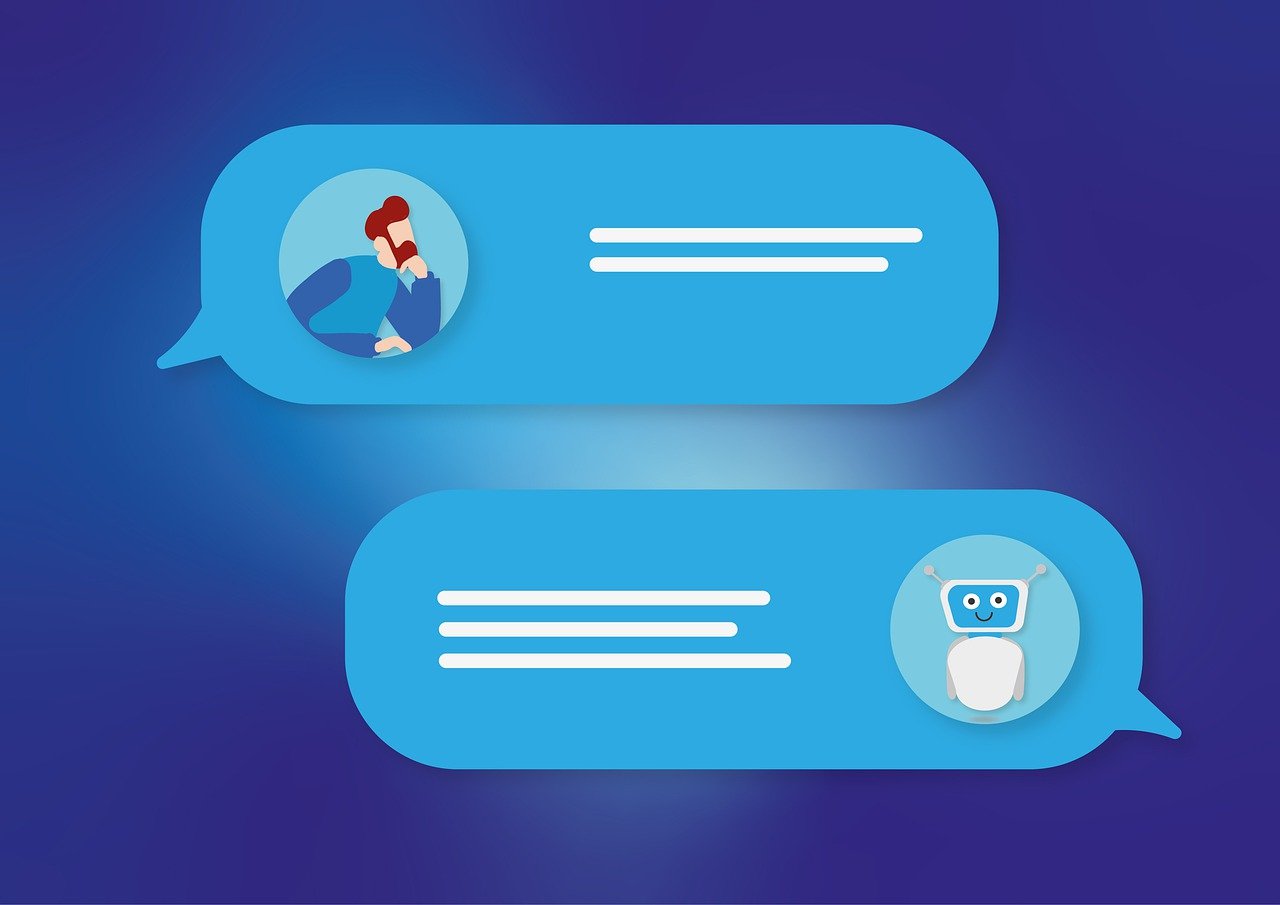In this age of technological advancement, the role of Artificial Intelligence (AI) has been expanding across various industries. It has become a powerful tool for content creators and marketers, enabling them to streamline their processes and produce high-quality content efficiently. One of the key AI models at the forefront of content creation is ChatGPT, and in this article, we will explore how you can leverage this AI to craft exceptional content.
Understanding AI Prompts
Before diving into the AI content creation process, it’s essential to understand the concept of prompts. Prompts are the instructions you provide to the AI model, such as ChatGPT, to guide its content generation. Writing effective prompts is crucial as they directly impact the quality of the content produced. AI, especially ChatGPT, is conversational and context-aware, which means it retains information about the task you’ve assigned. This allows for more coherent and relevant content generation.
Crafting the Perfect AI Prompt
Creating a strong prompt is key to harnessing the full potential of AI for content creation. Now, I want to introduce this gentleman called Jeff Su who’s got a series of really good YouTube videos. He’s probably done one of the better summaries I’ve seen of the perfect prompt formula so I’m just going to actually step you through Jeff’s methodology here. But my suggestion is you go and watch his full video below, it’s really quite good.
Let’s break down the components of a perfect AI prompt:
- Task: Start with a clear and action-oriented task. Use a verb to specify what you want the AI to do. For example, “Write a 500-word blog article on the topic of five major barriers to effective personal productivity.”
- Context: Provide context to narrow down the possibilities. This includes information about the target audience, the purpose of the content, and any specific requirements.
- Exemplar: Offering specific examples or models can help the AI better understand your expectations. For instance, you can instruct the AI to highlight global best practices, as we did in our prompt.
- Persona: Define the perspective from which the content should be presented. In our example in the video, we specified that the content should be written as if you were a leading Australian business coach. By defining the persona you want, you’re not just instructing AI; you’re creating a collaborator that’s tailored to your specific needs, making the content creation process smoother and more enjoyable.
- Format: Be clear about the format of the content. For a blog article, specify the word count, language preferences (e.g., UK English spelling), and the tone you want to convey (e.g., professional, concise, and friendly).
- Tone: Communicate the feeling you want to evoke. For instance, let’s say you’re crafting an email to a new team and you want to strike the perfect balance between professionalism and approachability, without coming across as too stiff or awkward. Simply ask ChatGPT for a list of five tone keywords to include in your prompt, like “clear and concise,” “friendly,” and “confident.” By incorporating these tone keywords into your prompts, you’ll guide ChatGPT to produce content that hits all the right notes, ensuring it aligns perfectly with your intended tone.
Once you’ve crafted a comprehensive prompt, you can submit it to the AI model, such as ChatGPT, and it will generate content that aligns with your instructions.
Creating a Variety of Content Assets
The power of AI for content creation goes beyond just writing blog articles. With a well-structured prompt, you can leverage AI to produce a diverse range of marketing assets that support your primary content piece. Some of the assets you can generate include:
- PowerPoint Slides: Use the content to create engaging presentation slides that can be used for webinars, workshops, or conference presentations.
- Video Scripts: Develop scripts for videos that elaborate on the blog article, making it more accessible to visual learners.
- YouTube Descriptions: Craft descriptions for YouTube videos, enhancing their searchability and user engagement.
- Lead Magnets: Create valuable lead magnets, such as checklists or ebooks, to entice users to subscribe or engage further with your content.
- Resource Lists: Compile lists of relevant resources, websites, or tools that support the blog’s topic, providing additional value to your audience.
- Social Media Posts: Generate social media posts that promote your content, emphasising different aspects of the topic to capture a wider audience.
Automation and Efficiency
The beauty of AI content creation is its ability to automate many time-consuming tasks. By harnessing AI, you can significantly reduce the time and effort required to produce a wide array of content assets. This allows you to focus on refining and customising the content to align with your brand’s voice and objectives.
In conclusion, AI, and specifically ChatGPT, offers content creators and marketers a powerful tool to supercharge their content creation process and crafting the perfect AI prompt is the key to harnessing the creative power of artificial intelligence. Download our AI Prompt Checklist now and start creating amazing content with ease.
This checklist is your guide to creating well-structured prompts that yield exceptional results. Whether you’re a content creator, marketer, or business owner, this checklist will help you streamline the content generation process and enhance your creative capabilities. Happy content creation!




